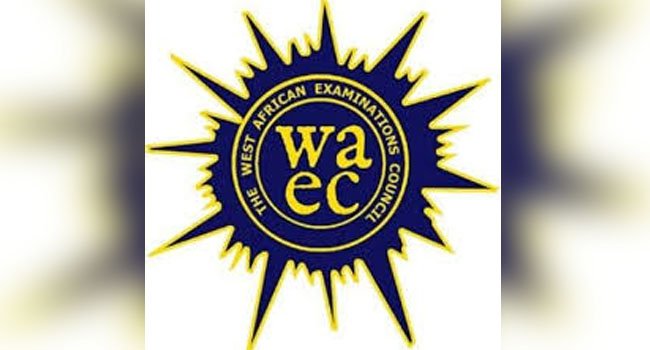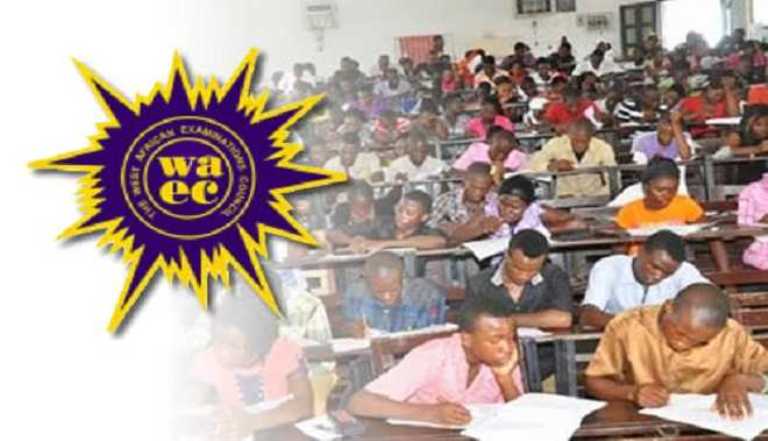Nigeria’s 2025 WAEC (West African Senior School Certificate Examination) results plunged the education sector into panic, revealing cracks in WAEC’s processes, tech infrastructure, and security. As the dust settles, one truth stands: WAEC must act urgently if it wants to prevent a repeat of this debacle. Here’s an insider’s look at what must change—now.
Table of Contents

Fix the Technical Processes from Start to Finish
WAEC’s innovation of serialising objective question papers in core subjects—English Language, Mathematics, Biology, Economics—was meant to thwart malpractice. Instead, a wrong serialisation code for the English Language Objective Paper 3 led to mis-scoring and mass confusion. The result: pass rates nosedived, then mysteriously bounced back following corrections.
Rather than treating this as a glitch, WAEC should overhaul its tech checks. From the moment papers are printed to marking, every step needs real-time verification. A dual-layered quality control system—where independent units cross-check the serial codes and answer keys—would help avoid such costly mistakes.
Tighten Security at Every Stage
The leak of the English paper days before writing pointed to serious internal breaches in WAEC’s logistics chain. Reports suggest exam scripts were sold via WhatsApp and Telegram, fetching up to ₦4,000 per candidate.
To eradicate insider collusion, WAEC must adopt:
- Encrypted digital delivery so questions reach centres securely.
- Tamper-evident packaging, safeguarding every step.
- GPS-tracked distribution and authorised couriers only.
- Strong disciplinary protocols targeting insiders who breach trust.
Without these, every exam guide risks being tainted by suspicion.
Communicate Early and Transparently
When the portal went down following the grading glitch, WAEC acted swiftly—suspending result access, releasing press statements, and asking students to recheck after 24–48 hours. Stakeholders praised the transparency and quick response as a rare win for crisis management.
But the initial fallout had already traumatised students and families. WAEC must build pre-emptive communication systems—a one-stop channel for updates, press bulletins, and FAQs to keep everyone in the loop the moment anomalies arise.

Plan for Digital Transformation, Securely
WAEC is preparing to roll out full Computer-Based Testing (CBT) by 2026. But this result fiasco has rattled confidence. Critics warn that unreliable systems and Nigeria’s patchy infrastructure—especially in rural areas—could derail the CBT launch.
To succeed, WAEC needs to:
- Pilot test CBT in varied locations (urban, rural, under-resourced).
- Upgrade infrastructure where needed—power, internet, computing.
- Train invigilators and technical staff thoroughly.
- Provide fallback strategies, like hybrid options, in case of failures.
Without a solid tech foundation, the move to CBT may backfire spectacularly.
Rebuild Trust through Accountability and Reform
This crisis isn’t just technical—it’s institutional. Many Nigerians saw the initial collapse and dramatic revision (pass rate jumping from 38% to nearly 63%) as evidence of systemic rot.
Stakeholders like Jessica Osuere decried WAEC’s failure to explain why mass failure was announced before a correction; others warned of a leadership crisis demanding resignations or sanctions.
Restoring confidence means leading by example:
- Launch an independent post-mortem inquiry into the failure.
- Hold accountability—not just apologies but consequences.
- Involve educators, civil groups, and parents in co-designing safeguards.
- Publish a robust reform roadmap for public scrutiny and feedback.
6. Reshape the Exam System with Integrity at Its Core
The 2025 WAEC outcome was not just about grades—it was a mirror reflecting Nigeria’s broader education crisis. Core subjects like English and Maths suffered unprecedented lows, revealing cracks in teaching quality, infrastructure, and student preparation.
WAEC can use this moment as a pivot—not only fixing grading glitches, but also contributing to a long-term solution:
- Partner with states and educational NGOs to roll out remedial programmes.
- Invest in teacher training and supervision, particularly in underperforming regions.
- Expand focus on technical and vocational subjects to support national development goals.
- Encourage digital literacy and innovation to future-proof students, ensuring CBT is a tool, not a hurdle.

Monitor and Evaluate to Safeguard Future Exams
Finally, WAEC must embrace continuous monitoring. This includes:
- Real-time dashboards tracking issues—paper distribution, portal uptime, and result changes.
- Post-exam audits to verify integrity and responsiveness.
- Training rapid-response units ready to handle anomalies before they escalate.
- Conduct regular drills—data breaches, tech failures—to test and improve resilience.
Conclusion
The 2025 WAEC result crisis was a painful blow—but it presents a rare opportunity. To ensure future exams are credible, WAEC must transform its approach across the board—from technical precision and security to crisis communication, institutional accountability, and systemic educational reform. If not, the next result release may replicate 2025’s nightmare rather than provide redemption.
Join Our Social Media Channels:
WhatsApp: NaijaEyes
Facebook: NaijaEyes
Twitter: NaijaEyes
Instagram: NaijaEyes
TikTok: NaijaEyes
READ THE LATEST EDUCATION NEWS





